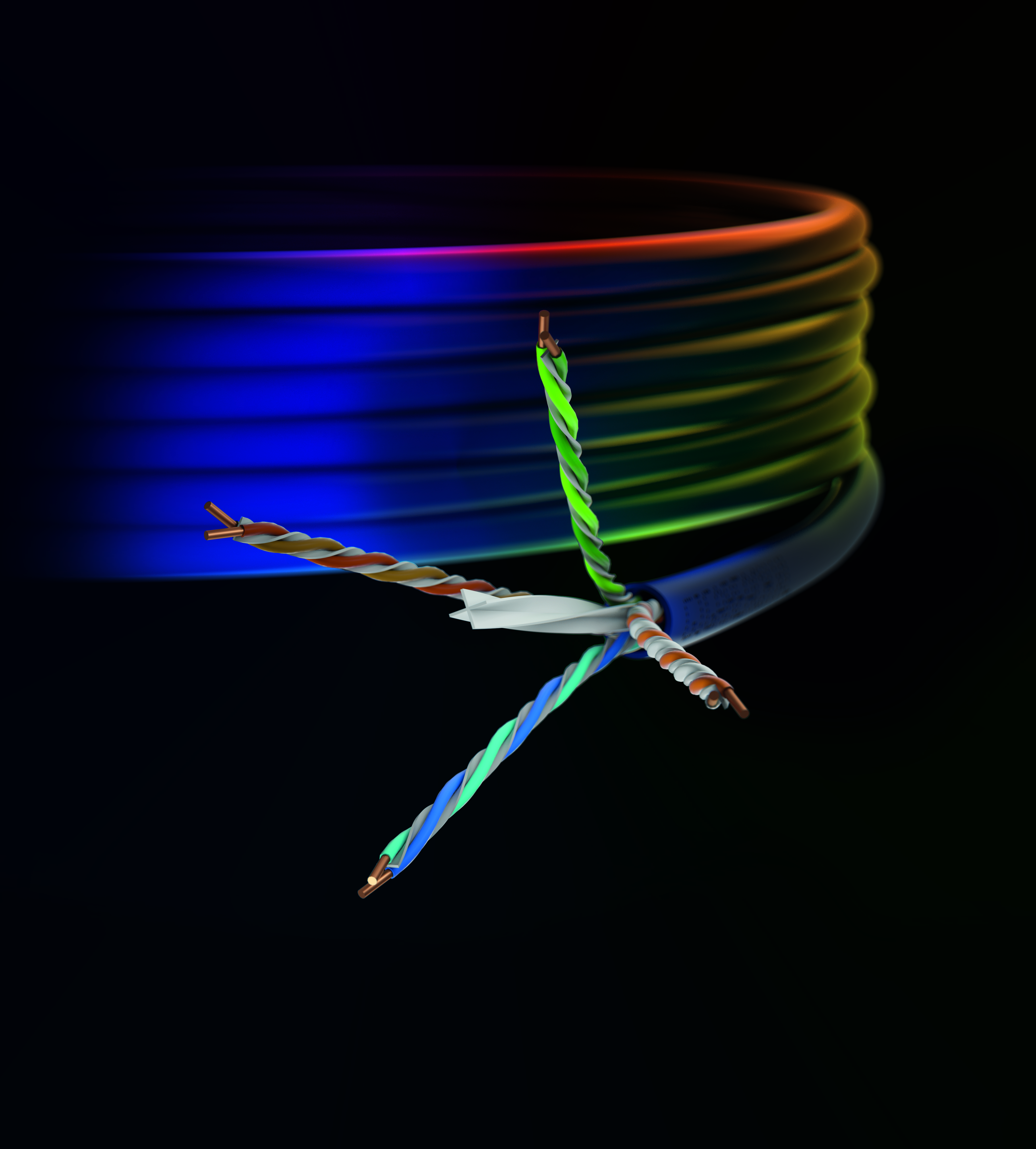 Not many engineers write novels. One of the few who does, Nick Arvin, wrote, “At root, both engineering and writing are disciplines of combining small things (pieces of steel, or words) to assemble a larger, more pleasing and useful thing (a cruise ship or “Moby Dick”).” For this blog post, we could replace cruise ship with a cell site.
Not many engineers write novels. One of the few who does, Nick Arvin, wrote, “At root, both engineering and writing are disciplines of combining small things (pieces of steel, or words) to assemble a larger, more pleasing and useful thing (a cruise ship or “Moby Dick”).” For this blog post, we could replace cruise ship with a cell site.
When using Google recently, I came across this hilarious description of an engineer’s approach to writing (When engineers write). It inspired and assisted me with this post’s title.
There are superb engineers at CommScope who understand technical concepts and language. We also have a staff of writers who can express in a clear and concise way our engineers’ knowledge. Our graphic artists illustrate and design a visual “language” for many deeply technical documents. What if they could put their heads together to achieve a focused goal?
That’s what our group of content marketers envisioned some time ago. They gathered a group of volunteers encompassing a broad set of skills:
- Message strategists
- Engineers
- Writers and proofreaders
- Designers
- Project managers
They came together for one simple goal—creating books about specific subjects that contained useful content for technical audiences.
Ten years ago, this entire effort would have been less fruitful because the content would have been outdated as soon as the books were published and the cost of distributing the printed materials would have been prohibitive. Fortunately Amazon and other online sites turned the publishing business inside out in 2007. Nowadays everyone can publish anything, making it immediately available worldwide. I don’t want to digress into the debate about ebooks vs printed books. As long as they are both available when you feel like reading, who cares which one will become predominant? I am a hungry reader and a firm believer in the advantages of ebooks. I purchased five Amazon Kindles, but I still enjoy a delicious traditional book from time to time.
What’s clear is that without ebooks, the endeavor I described above would have been much more challenging and less rewarding. Thanks to the digital era we live in, it yielded valuable outcomes, namely:
The Understanding the RF Path ebook is targeted for a more specific technical audience, and so it is a readable and attention-grabbing book for engineers (not for my grandmother though). It resembles a high-level white paper. The LTE Best Practices ebook provides quick takeaways for the readers to have a good perspective made from short chunks of information with a visually appealing format. We wanted readers to grab the concept at first glance and be drawn to the images while skimming the content.
Both were made available as an app and as an ebook. Both generated excellent feedback. They have been downloaded more than 6,000 times with more than 110,000 page views accessed from 114 countries. Wow.
Did you have a look at them? Which format do you like most? We have more planned in the future, and we’d love to get your feedback on what works and what doesn’t. Leave me a comment.








